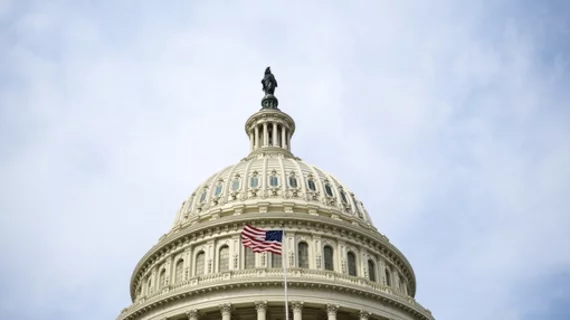Cardiologists support legislation that would limit costly Medicare cuts
The American College of Cardiology (ACC) has praised legislation passed by the House of Representatives that would help limit significant Medicare cuts to hospitals, physicians and other healthcare providers.
The Supporting Health Care Providers During the COVID-19 Pandemic Act was introduced by U.S. Rep. Kim Schrier and Steven Horsford on Dec. 7 and approved by the House. The Senate is expected to vote on this legislation in the days ahead. If a final solution is not approved by the end of the year, the impending Medicare cuts—which have been concerning physicians and health systems for quite some time—would go into effect on Jan. 1.
If signed into law, the Supporting Health Care Providers During the COVID-19 Pandemic Act would— among other things—provide a one-year increase to the Medicare Physician Fee Schedule of 3% and delay payment reductions to the Clinical Laboratory Fee Schedule for one year.
“In the nearly two years of fighting an unprecedented global pandemic, access to care remains of critical importance to cardiovascular disease patients who are also at increased risk from COVID-19,” ACC President Dipti Itchhaporia, MD, said in a statement. “The ACC is thankful to see the House of Representatives pass legislation which will mitigate and delay the series of devastating payment cuts for vital Medicare services set to take effect on Jan. 1. There is no more important time for Medicare stability than now with the ongoing public health emergency when uninterrupted care is needed the most.”
Itchhaporia also noted that “long-term solutions” are still needed to address “the flawed Medicare payment system,” promising that the ACC was committed to helping lawmakers make that happen.
“We ask the Senate to act quickly to forestall these looming, harmful cuts. Stopping these cuts now will go a long way to ensure clinicians are able to continue providing the care their patients deserve throughout the COVID-19 pandemic and beyond."
Other physician groups, including the American Medical Association and American College of Radiology, have shared their support of the legislation.

